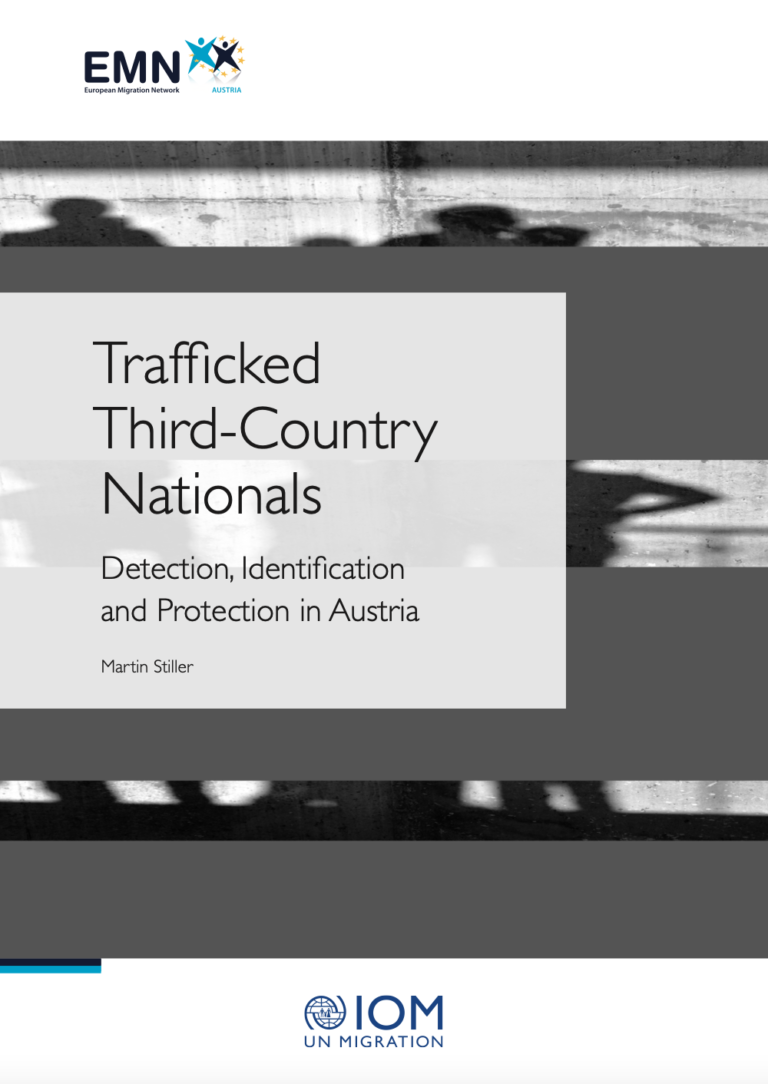Trafficking in human beings is a serious violation of human rights and human dignity, and is considered one of the worst crimes of all (Federal Ministry for European and International Affairs, n.d.).As a global phenomenon that can only be tackled at a global level and in an international context, human trafficking also affects Austria, which is both a country of destination and a country of transit due to its central location in Europe.Trafficked persons originate mainly from Eastern Europe, Africa and Asia. The phenomenon of human trafficking has intensified during the ongoing COVID-19 pandemic, especially in the area of labour exploitation, since economic hardship in particular makes people vulnerable to exploitation. Since the COVID-19 pandemic frequently has an impact on family income too, a growing number of children often have to work instead of going to school in order to support the family financially.This increases their vulnerability to exploitation.
In order to tackle trafficking in human beings, Austria established a multidisciplinary task force in 2004 that includes representatives from all relevant federal ministries and government offices, the provinces, the social partners and specialized non-governmental organizations. One of the roles of the task force is to draw up the National Action Plan on Combating Human Trafficking.The current National Action Plan 2021–2023 contains over 100 concrete goals to tackle human trafficking. At the criminal law level, the offences of “trafficking in human beings” and “cross-border trafficking in prostitution” were introduced back in 2004. In Austria, people who are the object of one of these two criminal offences are regarded as trafficked. In addition, the offence of “exploiting a foreigner” was created in 2006. The number of actual convictions for one of these criminal offences is relatively low in Austria and accounts for only a fraction of those third-country nationals identified as trafficked persons in Austria.

